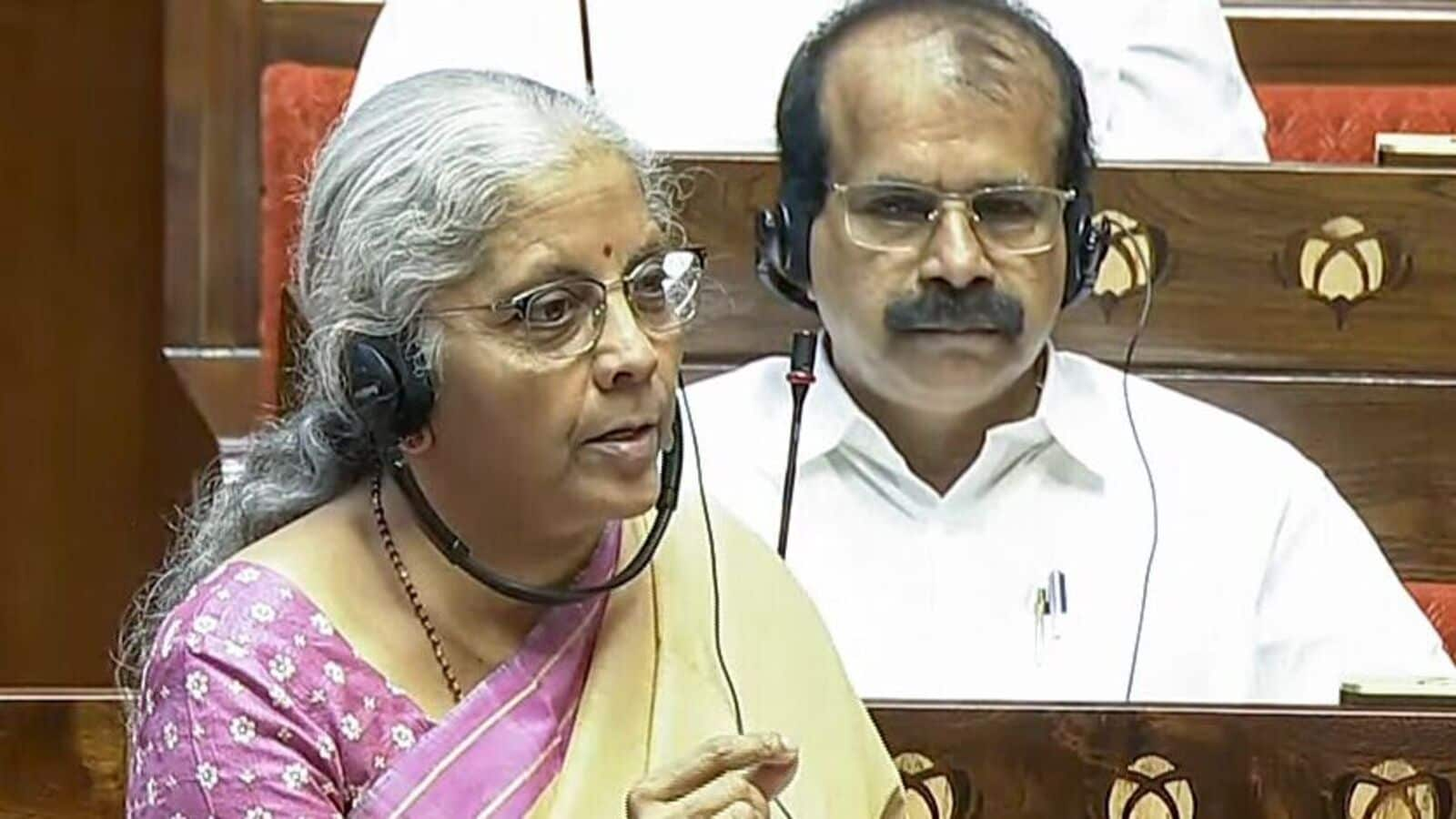India’s Parliament on Tuesday passed the new Income Tax Bill, 2025, set to replace the six-decade reign of the Income Tax Act of 1961. The Rajya Sabha returned the bill to the Lok Sabha with a voice vote after its swift passage in the lower house last Monday within just three minutes amid opposition protests.
This new Income Tax Bill, 2025 aims to simplify and modernise India’s income tax framework without altering existing tax rates, creating a more straightforward and taxpayer-friendly law set to come into force on 1 April 2026.
Why Was the New Income Tax Bill 2025 Needed?
Finance Minister Nirmala Sitharaman explained that the Income Tax Act of 1961 had become outdated over decades of amendments and complexity. The new bill consolidates and streamlines the law to reflect the modern economy while preserving longstanding provisions like tax slabs and rates.
It significantly reduces the number of sections and chapters and cuts the word count nearly in half. Importantly, it replaces the confusing concepts of “assessment year” and “previous year” with a simpler unified term “tax year,” making it easier for taxpayers to understand their obligations.
What Are the Key Features of the New Income Tax Bill 2025?
- Simplified language and structure with 536 sections and 16 schedules
- Retention of existing individual and corporate tax rates, with no changes to offences or penalties
- Increased flexibility allowing individuals to claim tax deducted at source (TDS) refunds even for delayed return filings without penalty
- Reintroduction of certain deductions, such as for inter-corporate dividends and pensions
- Alignment of definitions, including the classification of micro and small enterprises, with allied legislation
- Enhanced authority for the Central Board of Direct Taxes (CBDT) to frame rules and schemes leveraging technology for faceless assessments and better resource utilisation
- Removal of redundant provisions to decrease litigation and disputes
What Privacy Concerns Remain in the New Income Tax Bill 2025?
The New Income Tax Bill 2025 maintains provisions for authorised officers to conduct searches and seize documents or assets if there is suspicion of undeclared income. Controversially, it allows officials to override access codes to computers or digital devices to obtain information during investigations.
Though the updated bill omits explicit mention of “virtual digital space” in some clauses, the definition of computer systems includes digital platforms such as emails and social media.
Tax experts believe from the ew Income Tax Bill’s commencement date, officials may access digital accounts in suspected cases of tax evasion, raising privacy and civil liberty concerns.
How Did Parliament Respond to Opposition?
Opposition parties staged walkouts and protested during the bill’s debate in both houses, citing wider political grievances including electoral roll revision issues in Bihar.
Nonetheless, the ruling government pressed forward, with Minister Sitharaman expressing disappointment at the opposition’s lack of participation after extensive discussions totaling 16 hours in each house had been planned.
The government emphasised that over 75,000 person hours were invested in drafting the new Income Tax Bill 2025 post Select Committee review, incorporating nearly all of its 285 recommendations and stakeholder feedback.
What Is the Next Step for the New Income Tax Bill 2025?
With the Rajya Sabha returning the New Income Tax Bill 2025 to the Lok Sabha after approval, it will now proceed for the President’s assent to President of India, Droupadi Murmu. Once signed, the Income Tax Bill, 2025 will take effect from April 1, 2026, formally replacing the archaic 1961 Act.





